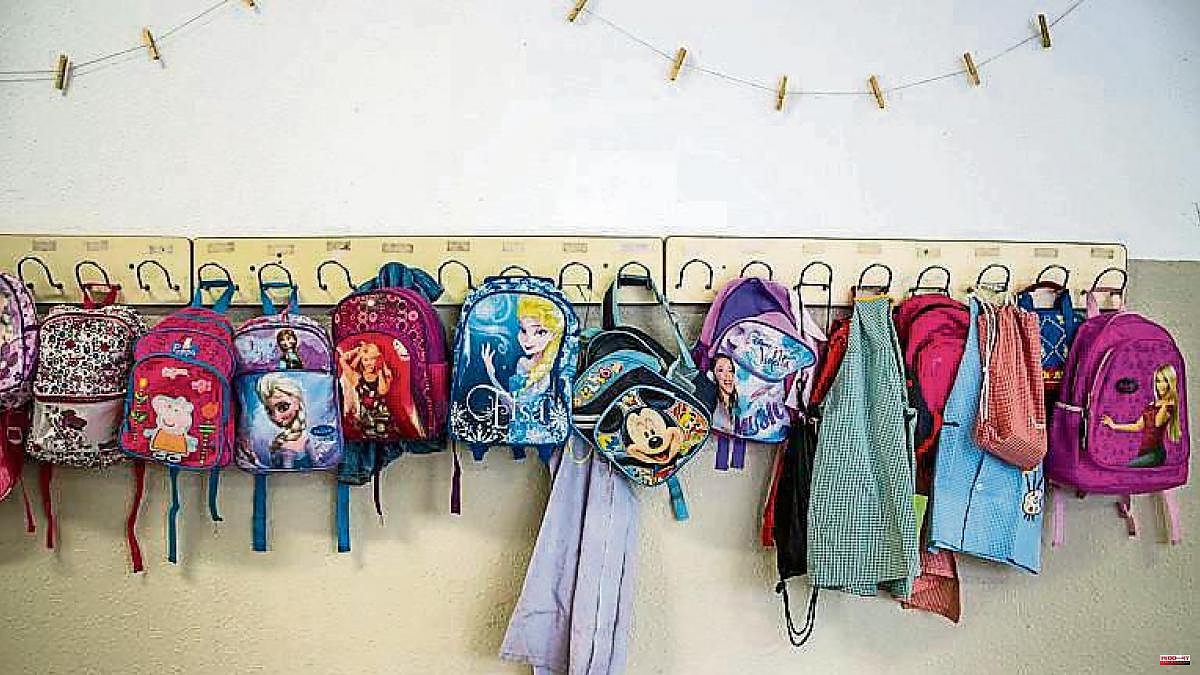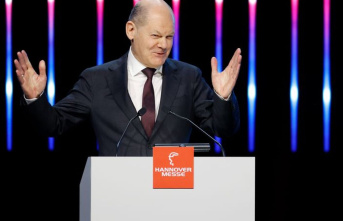There are few things more absurd than spending effort trying to solve a problem that doesn't exist. This is precisely what is happening with the imagined persecution of the Spanish language in Catalonia, which generally has its epicenter in linguistic immersion in schools.
For centuries, hostility against the Catalan language has been the Trojan horse of those who have defended furious anti-Catalanism, including periods in which, as in the Franco regime, they had perpetrated atrocities as incomprehensible as prohibiting the use of the language. Our parents and grandparents, who may be reading this article now, had received punishment, even physical punishment, if for some reason they had not repressed and self-censored enough and it occurred to them to speak Catalan in the classroom or on the patio. Perhaps to deny that uncomfortable reality and whitewash the past, in 2001, King Juan Carlos I pronounced that controversial phrase that "nobody was ever forced to speak Spanish in Catalonia."
With the recovery of the institutions and the consensual commitment to linguistic immersion in the 1980s, defended by almost the entire political spectrum, the Catalan language was able to begin to recover its presence and normalization after years of persecution. But in the 1990s a discourse began to hatch and take shape to turn the Catalan language into the gasoline with which the fire of anti-Catalanism was fed. The campaigns of some major Madrid newspapers, waving the banner of a war of languages, which did not exist in the streets or in the classrooms and which made any anecdote a category, clearly contributed to establishing the idea of the persecution of Spanish in Catalonia.
With all that residue, the next season of this series was to reap the political rewards after shaking the tree of Catalanophobia, and it was in 2003 when we saw the birth of the Ciudadanos party and its now faded star, Albert Rivera, who originally had as first and last point of its program the attack on Catalan. Campaigns of all kinds followed one another, with large media loudspeakers, with the sole purpose of fraying society. And it must be recognized that they achieved some of their objectives and opened the way to judicialize the language and try to achieve in the courts what they had not achieved either at the polls or in parliament. And of those powders, these muds.
Without expressly saying so in any law, this week the courts have ordered that a minimum of 25% of subjects be taught in Spanish in all schools and institutes in Catalonia. This measure ignores the linguistic reality of each center and prescribes the same medicine for everyone, without any academic or pedagogical criteria, treating very different realities in the same way. Take as an example what the socialist mayor of Catalonia's second city said a few weeks ago when she defended the immersion model and recognized that "in l'Hospitalet what is needed is to guarantee the learning of Catalan".
With the data in hand, it is clear that the sentences on Catalan want to solve a problem that we do not have. According to a report by experts from the Consell Superior d'Avaluació del Sistema Educatiu, last November, Catalan students obtain very similar results in Catalan and Spanish and finish compulsory secondary education with an effective and similar command of both co-official languages .
If we look at the grades for the Catalan and Spanish selectivity exams, they are similar, with slightly better results in Spanish. And when the comparison is made with the results of other autonomous communities, in 2020 Catalan students obtained an average grade of 6.5 in Spanish, only one tenth less than students from Madrid (6.6), and obtained better results than the students from Extremadura and La Rioja (6.4), the Balearic Islands (6.1), Navarra (6.0) or the Galicia of Núñez Feijóo (5.9). And in 2019, the Spanish grade of Catalan students in the selectivity was 6.6, three tenths more than the Spanish average, which was 6.3.
Judicializing the language, disregarding reality and the social and political consensus that exists in Catalonia, is a terrible favor to coexistence, unless what is intended is, in reality, to sentence Catalan as a language.
4












